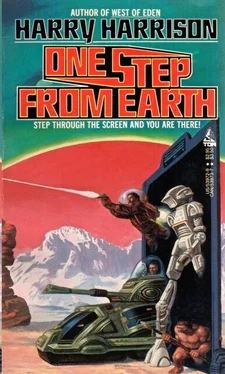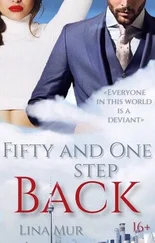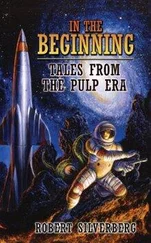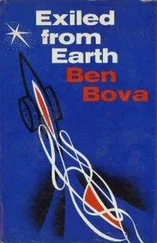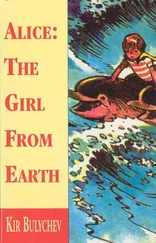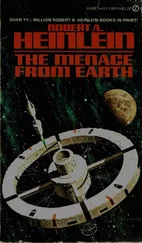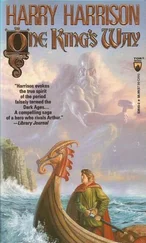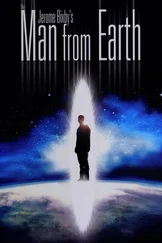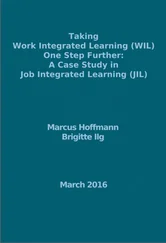"First you must understand that I came from inside the metal box, then again I didn't. At night you see the stars and they are suns like the one that shines here, yet very distant. They have worlds near them, like this world here. Do you know what I am talking about?"
"Of course. I am not of The People. I have read of astronomy in the books."
"Good. Then you should know that the metal box contains a transmatter which you must think of as a kind of door. One door that is at the same time two doors. I stepped through a door on my planet, very far away, and stepped out of your door here. All in an eye-blink of time. Do you understand?"
"Perhaps." Bekrnatus dabbed at his lips with the back of his hand. "Can you return the same way? Step into the box and come out on a planet, up there in the sky."
"Yes, I can do that."
"Is that how we came to this world?"
"No. You came by a ship of space, a large metal box built to move between the stars, in the years before the transmatter could be used at stellar distances. I know this because your window there is the window from a spacer, and I imagine your metal was salvaged from the ship as well. And I also know how long you have been here, since there was a date in the front of that poetry book your daughter showed me."
Patna gasped, a sharp intake of air, and Bekrnatus pulled himself to a sitting position. The clay bowl fell, unheeded, and shattered on the floor.
"You showed him a book," Bekrnatus hissed, and struggled to his feet.
"No, wait!" Langli said, realizing he had precipitated another crisis through ignorance. Would the man try to kill his daughter? He tore at his pack. "It was my fault, I asked for the book. But I have many books; here I'll show you. I'll give you some books. This… and this."
Bekrnatus did not heed the words, if he even heard them, but he stopped as the books were pushed before him. He reached for them hesitantly.
"Books," he said, dazedly. "Books, new books, books I have never seen before. It is beyond wonder."
He clutched the books to his chest and half fell back into his chair. A good investment, Langli thought. Never was a first reader and a basic dictionary more highly prized.
"You can have all the books you want now. You can discover your history, all of it. I can tell you that your people have been here, roughly, about three thousand years. Your coming here may have been an accident; two things lead me to believe that. This is a very grim world with little to offer. I can't picture it being selected for colonization. Then there is the complete break with technology and culture. You have a few books, they could have been salvaged. And metal, perhaps from the wreck of the ship. That you have survived is little short of miraculous. You have this social or class distinction that has also passed down. Your ancestors were perhaps scientists, ship's officers, something that set them apart from ordinary men. And you have kept the distinction."
"I am tired," Bekrnatus said, turning the books over and over in his hands, "and there are many new things to think about all at once. We will talk tomorrow."
He dropped back, eyes closed, books still in his grasp. Langli was ready to sleep himself, exhausted by the efforts he had forced himself to. The light seemed to be fading; he wondered how long the local day was, and did not really care. He took an eight-hour sleeping pill from his medical kit and washed it down with water from his canteen. A night's sleep would make things look a good deal different.
During the night he was aware of someone moving about, going to the fire. At one time he thought he felt the soft touch of hair across his face and lips upon his forehead. But he could not be sure and thought it was probably a dream.
It was bright morning when he awoke, with the sun striking directly through the window, the shaft of light adding unexpected color to the gray stone of the back wall. Bekrnatus' couch was empty and Patna was working at the fireplace, humming quietly to herself. When he shifted position his bed squeaked and she turned to look at him.
"You are awake. I hope that you slept well. My father has gone out with the ax so wood can be chopped."
"You mean that he chops the wood?" Langli yawned, his head still thick with sleep.
"No, never. But the ax head is metal so he carries it and must be there when it is used. Your morning. food is ready." She ladled one of the clay bowls full of gruel and brought it to him. He smiled and shook his head no.
"Thank you, that is very hospitable. But I cannot eat any of your food until laboratory analysis has been made—"
"You think I am trying to poison you?"
"Not at all. But you must realize that major metabolic changes take place in human beings cut off from the main stream. There may be chemicals in the soil here, in the plants, that you can ingest but that would be sure death for me. It smells wonderful, but it could hurt me. You wouldn't want that to happen?"
"No! Of course not." She almost hurled the bowl from her. "What will you eat?"
"I have my own food here, see."
He opened his pack and took out a mealcel, pulling the tab so the heating began. He was hungry, be realized, hungrier than he had ever felt before, and began spooning down the concentrate before the heat cycle was finished. His body needed nourishment, fighting constantly against the drag of gravity.
"Do you know what this is?" Patna asked, and he looked up to see her holding a brownish, ragged-edged fragment of some kind.
"No, I don't. It looks like wood or bark."
"It is the inner bark of a tree, we use it to write on, but that is not what I meant. I meant there is something on it. That is what I meant….
Even in the dim light Langli could realize that she was blushing. Poor girl, a literate among savages, trapped on this dismal and isolated world.
"I might guess," he said carefully. "Could it be one of the poems you wrote? If it is — I would like to hear it." She shielded her eyes with her hand and turned away for a moment, a caricature of a shy maiden in a squat wrestler's body. Then she struggled with herself and started the poem in a weak voice, but continued, louder and louder.
I dare not ask a kiss,
I dare not beg a smile,
Lest having that, or this,
I might grow proud the while.
No, no, the utmost share
Of my desire shall be
Only to kiss the air
That lately did kiss thee.
She almost cried the last words aloud, then turned and fled to the far side of the room and stood with her face against the wall. Langli groped for the right words. The poem was good, whether she had written it herself or copied it he did not know — nor did it matter. It said what she wanted to say.
"That's beautiful," he told her. "A really beautiful poem—"
Before he could finish she ran, feet slapping hard against the floor, across the room and knelt beside his bed. Her solid, powerful arms were about him and her face against his, buried in the pillow. He could feel the tear-wetness of her cheeks against his own and her muffled voice in his ear.
"I knew you would come, I know who you are, because you had to come from far away like a knight in the poems riding a horse to save me. You knew I needed you. My father, I, the only Family left, I must marry one of The People. It has been done before. Ugly, stupid, I hate them, the brightest, we tried to teach him to read, he couldn't, stupid. But you came in time. You are The Family, you will take me…."
The words died away and her lips found his, urgent and strong with desire, and when he held her shoulders and tried to push her away his exoskeleton whined. with the effort but she did not move. Finally, exhausted, she released him and pushed her face deep into the pillow again. He stood, swaying, bracing him self on the back of a chair. When he spoke it was with sincerity as he tried to make the truth less harsh than it really was.
Читать дальше
